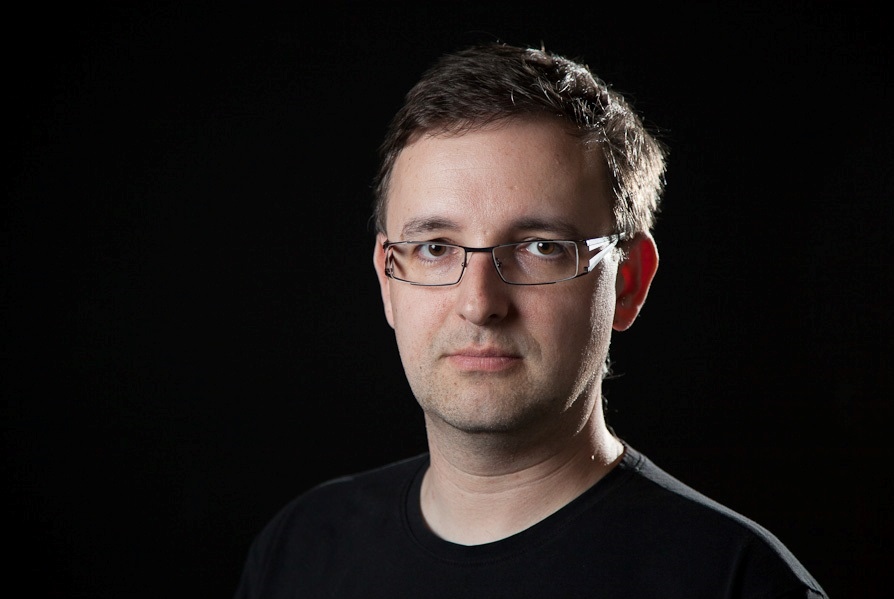Dr Miro Haček PhD, vice president of the Central European Political Science Association (CEPSA)
10 Jun 2016
In this interview, we talk to Dr Miro Haček, a full professor of political science at the Faculty of Social Sciences in Ljubljana, about the CEPSA 2016 international conference, held at the faculty at the beginning of June. The keynote speaker at the conference, which brought together 190 delegates from more than ten different countries, was Dr Steven R. Smith, executive director of the American Political Science Association, which is the world's largest organization of its kind. We asked Dr Haček to share his views on political science in Slovenia, explain how the CEPSA conference came to be held in Ljubljana, and talk about the challenges faced in organizing such an event.

Dr. Miro Haček © B. Pogačnik

Dr. Miro Haček during a lecture at the CEPSA 2016 © B. Pogačnik

Delegates at the CEPSA 2016 © B. Pogačnik

CEPSA 2016 participants' reactions © B. Pogačnik
1. Could you briefly describe your professional experience and the way you gained it?
I am a professor of political science at the Faculty of Social Sciences, where I also served as deputy dean of the International Relations Department from 2013 to 2015. Since 2012, I have been the vice president of CEPSA, the Central European Political Science Association, which brings together eight Central European countries. I would say that my path to professorship was a fast-track one. I only finished my PhD in 2004, but before that I committed myself - despite continually being faced with obstacles - to quite extensive and high quality research work, which resulted in a considerable number of publications published by prestigious international and Slovenian publishing houses.
2. What made you choose the field of political science?
This is a good question, one that I often ask myself, considering that I finished one of Slovenia's best science and mathematics-oriented secondary schools, Gymnasium II in Maribor, and that apart from history it was science and mathematics that interested me most. But on the other hand, I spent my teenage years witnessing Slovenia's transition to independence and the formation of an independent state, which probably played a crucial role in arousing my interest in politics and political science and tipped the scales in favour of my enrolment in the Faculty of Social Sciences, when I could actually have enrolled in and be accepted to any faculty I wanted.
3. How would you evaluate political science in Slovenia?
Slovenian political science differs considerably from political science in other Central European countries, both in a positive sense, that is to say in terms of quality and extent of research and publishing output, and in a negative sense, that is in the sense of confinement to small networks, which often prevent the necessary further development and indispensable international collaboration.
4. In June 2016, the Faculty of Social Sciences will host the CEPSA 2016 international conference. What is your role in this?
I have been the vice president of CEPSA since 2012 and it was clear already then that due to the system of the annual conference rotation between the eight CEPSA member countries, Slovenia would sooner or later be hosting an annual conference. In 2015, we expressed an interest in organizing one and it was then decided that the association's 2016 annual conference would take place in Ljubljana in June, simultaneously with the annual Slovenian Political Science Days. I am the main organizer of both conferences, which is probably partly due to my position in CEPSA and partly to my long-standing experience in leading the national association of political science.
5. How did you manage to bring the event to Ljubljana? Was Ljubljana in competition with other destinations?
The conference was awarded to Ljubljana in September 2015 at the annual CEPSA meeting in Vilnius, where Hungary's candidature was also considered, but it was eventually decided that an annual conference would be held in Hungary a year later, in 2017.
Information about the conference capacities of Ljubljana's Faculty of Social Sciences and the ways in which the Ljubljana Convention Bureau can help you organize your event is available on our website.
